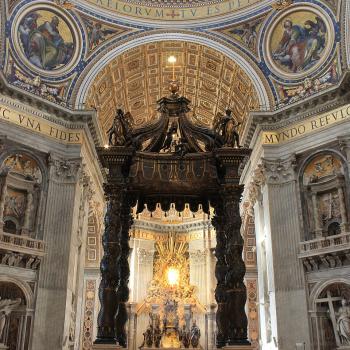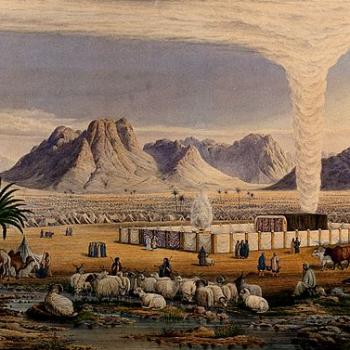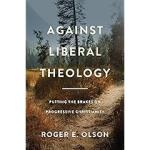In last week's column, I argued that many northern clergymen during the Civil War believed that the United States was a Christian nation because God had uniquely blessed the American union established by the Constitution. The Northern clergy railed on the sin of secession and defended the proposition that the purpose of the war was to keep the Christian Union intact. After 1863, the year Lincoln issued his Emancipation Proclamation and thus made the War about slavery, the North had even more moral ammunition to levy against the Confederacy.
Northern ministers pulled no punches in their attacks on what they perceived to be the sins of the South. Secession and slavery deserved punishment. E.E. Adams, the minister at Philadelphia's North Broad Street Presbyterian Church, wrote that whoever resisted the "good government of the United States resisteth the ordinance of God; and they that resist shall receive to themselves damnation."
John Bigelow, pastor of the Baptist Church in Reesville, New York, had similar things to say about anyone who was unwilling to recognize "the teachings of God's Providence in History, which are the same with those of His Word." He prayed that the Confederacy would "lay down their bloody arms, and come into line [with] Thy great purposes of History." But if the South continued in its rebellion against the Christian Union, Bigelow prayed that God would "with the breath of Thy nostrils, their infernal designs, scattering them to the winds of Heaven; and let the curse of Meroz, scathing with fires of Perdition, fall upon that man, or that class of men, whoever they may be, whether from the South or the North, from East or the West, who shall lift the hand for the overthrow, or the rupture of this God founded Republic."
Henry Ward Beecher, the most famous member of a Beecher clan that included Harriet Beecher Stowe, the author of Uncle Tom's Cabin, made Adams and Bigelow's remarks look tame. He wrote:
I charge the whole guilt of his war upon the ambitious, educated, plotting leaders of the South. They have shed this ocean of blood . . . A day will come when God will reveal judgment, and arraign at his bar these mighty miscreants . . . And then, these guiltiest and most remorseless traitors . . . these most accursed and detested of all criminals, that have drenched a continent in needless blood . . . shall be whirled aloft and plunged downward forever and forever in an endless retribution; while God shall say, "Thus shall it be to all who betray their country"; and all heaven and upon the earth will say "Amen."
As these northern clergy cast fire and brimstone down upon the Confederacy, in the White House cooler and more theologically astute heads prevailed. In his second inaugural address, delivered in March 1865 at a time when it appeared that the war would be won by the North, Abraham Lincoln was careful to remind the American people to be cautious about judging the South. He cited Mathew 7:1: "but let us judge not that we be judged." He urged the North to have "malice toward none" and "charity for all." Lincoln asked the nation to work together in an act of reconciliation to "bind up the nation's wounds; to care for him who shall have borne the battle, and for his widow, and his orphan."
While Lincoln believed that the South was responsible for starting the war, he also believed that anger or vengeance would not bring the Union back together in an expedient and peaceful fashion. "The Almighty has his own purposes," Lincoln affirmed, and when he did venture to discern the spiritual meaning of the war he put the blame on both North and South for the "two hundred and fifty years of unrequited toil" that blacks had suffered under slavery.
Lincoln showed much humility in his attempt to understand the will of God. By asking Americans to lay aside their malice and replace it with love, Lincoln, who was a skeptic for most of his life, spoke in a manner that was fully compatible with Christian values and perhaps even a Christian nation. Yet very few of the North's self-proclaimed Christian professionals who believed that they represented the only "Christian nation" in this Civil War heeded Lincoln's call for reconciliation. Most Northern ministers used God-language to condemn Southern secession and slavery.
If it is indeed true that vengeance belongs only to God, then it appears that many Northern clergy must have missed that lesson in their divinity training. So much for "malice toward none" and "charity for all."
4/19/2011 4:00:00 AM





